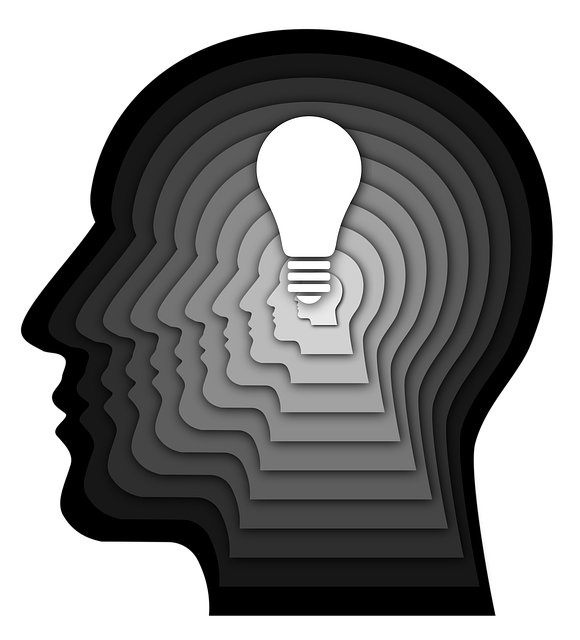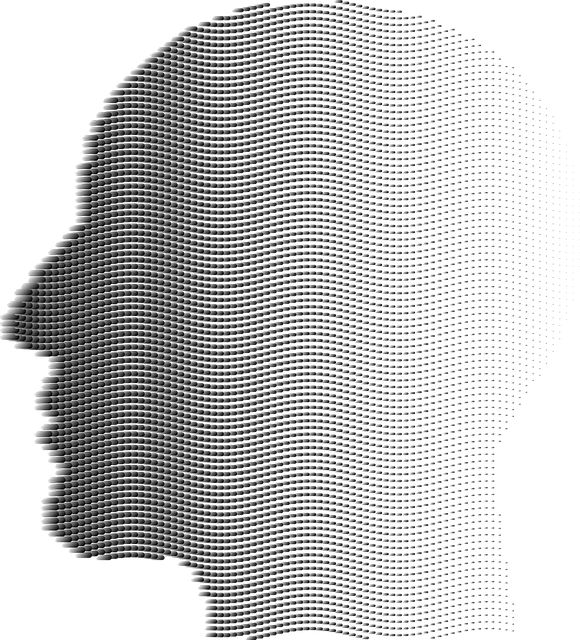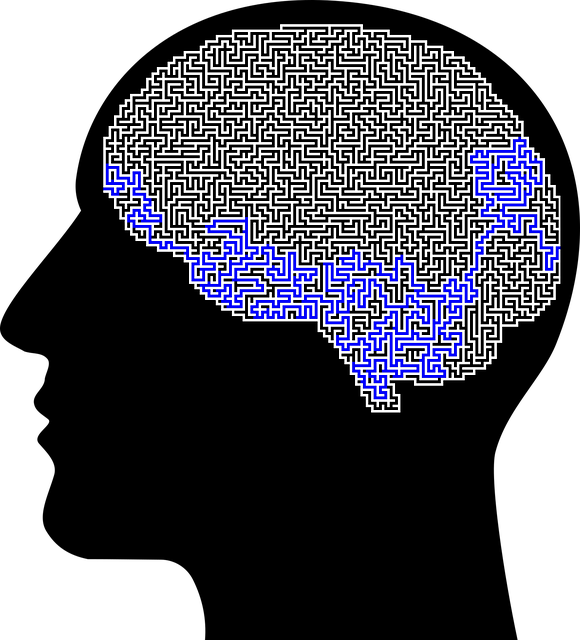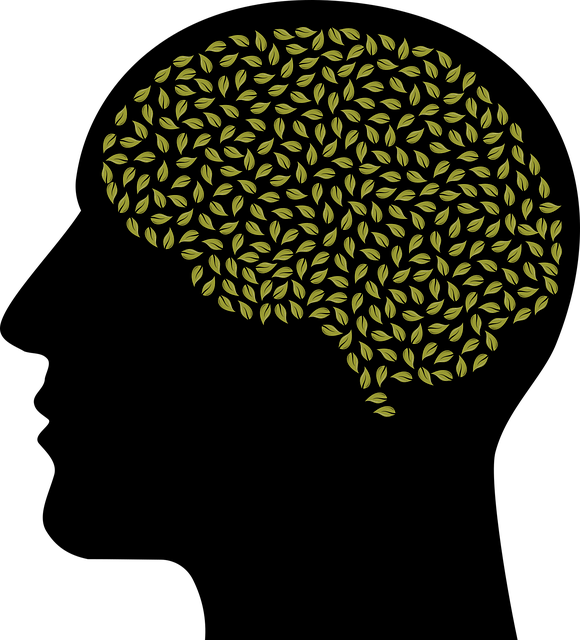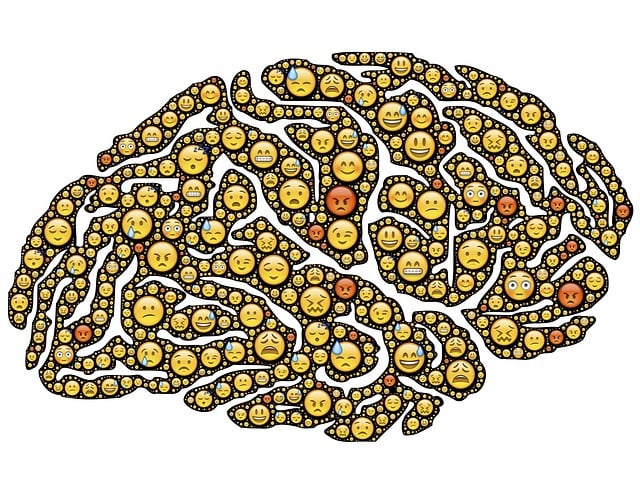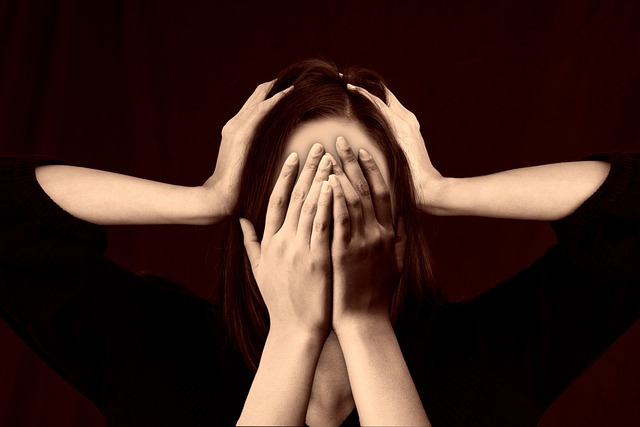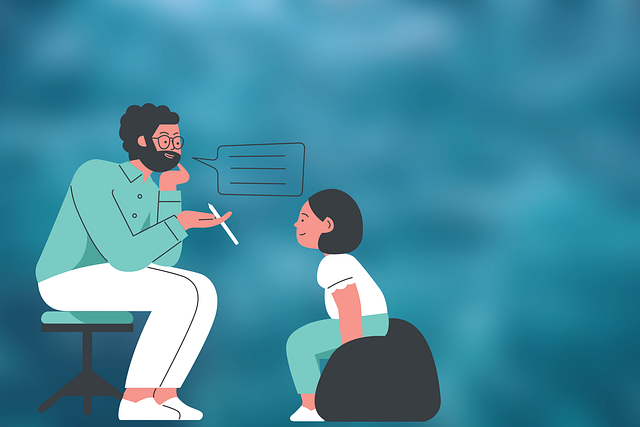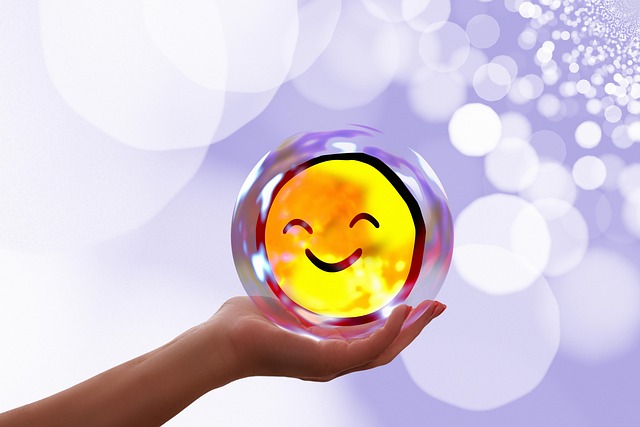Stress, a common challenge impacting mental and physical wellbeing, can be managed through exercise, mindfulness, and setting boundaries. Modern techniques like cognitive-behavioral therapy (CBT) and guided apps offer Superior Pain Management Therapy, addressing individual needs for crisis intervention, trauma support, and scientifically informed mood management. Adopting healthier lifestyle habits, including physical activity, balanced diet, and sleep, significantly contributes to stress reduction and enhances resilience. Exploring CBT, mindfulness, and holistic practices provides a powerful path to improved quality of life with chronic or acute pain.
Stress reduction is a vital component of maintaining optimal wellbeing. This article explores comprehensive strategies to manage stress, delving into its profound impact on our lives and offering a balanced view of traditional and modern techniques. From understanding the root causes to implementing lifestyle changes, we uncover effective methods. Furthermore, we highlight advanced therapies for superior pain management, providing insights into revolutionary approaches that can transform your overall wellbeing.
- Understanding Stress and Its Impact on Wellbeing
- Traditional vs Modern Stress Reduction Techniques
- Lifestyle Changes for Effective Stress Management
- Exploring Therapies for Superior Pain Management
Understanding Stress and Its Impact on Wellbeing

Stress is a natural response to demanding situations, but when it becomes chronic, it can significantly impact overall wellbeing. It’s essential to recognize that stress affects both the mind and body, leading to various physical and psychological symptoms like increased heart rate, insomnia, anxiety, and irritability. Over time, persistent stress may contribute to more severe health issues, making effective stress management crucial for maintaining a healthy lifestyle.
The impact of stress on mental health professionals is a critical aspect often overlooked in risk management planning. These professionals, while dedicated to emotional healing processes, are at risk of burnout if they don’t incorporate robust self-care routines into their daily lives. Developing a comprehensive self-care routine can be an empowering strategy for better mental health, encompassing activities like exercise, mindfulness practices, and setting healthy boundaries. By prioritizing stress reduction techniques, mental health professionals can enhance their resilience and deliver superior pain management therapy to their clients.
Traditional vs Modern Stress Reduction Techniques

In the realm of stress reduction, a fascinating evolution has taken place, shifting from traditional methods to modern, innovative techniques. Classic practices like meditation and yoga have long been recognized for their calming effects, but contemporary approaches have expanded upon these foundational tools. Modern stress management incorporates advanced therapies such as cognitive-behavioral therapy (CBT), mindfulness practices, and even digital interventions like guided apps and virtual reality.
The contrast between traditional and modern techniques lies in their adaptability and accessibility. While ancient wisdom offers enduring value, modern methods provide superior pain management therapy through tailored crisis intervention guidance and trauma support services. These innovative approaches focus on mood management, leveraging scientific understanding to deliver more effective stress reduction strategies for a wide range of individuals.
Lifestyle Changes for Effective Stress Management

Adopting a healthier lifestyle can significantly contribute to effective stress management. Regular physical activity, a balanced diet, and sufficient sleep play a pivotal role in reducing overall stress levels. Incorporating relaxation techniques like mindfulness meditation or deep breathing exercises into daily routines can also help individuals gain superior pain management therapy benefits. These practices not only enhance mental well-being but also foster resilience to stressful situations.
Moreover, cultural sensitivity in mental healthcare practice and compassion cultivation practices have gained prominence as essential components of holistic stress reduction strategies. Social skills training further complements these efforts by teaching effective communication and conflict resolution techniques, thereby reducing social stressors. By integrating these diverse approaches, individuals can achieve a more comprehensive and sustainable method for managing stress.
Exploring Therapies for Superior Pain Management

Exploring various therapies offers a powerful path to achieving superior pain management. Beyond conventional medical treatments, alternative approaches like cognitive-behavioral therapy (CBT) and mindfulness meditation have proven effective in empowering individuals to take control of their pain perception. CBT helps individuals challenge negative thought patterns associated with pain, fostering a more positive mindset that can reduce its intensity. Mindfulness practices encourage staying present, allowing one to observe pain without judgment, thereby enhancing emotional regulation and self-care practices.
These therapeutic methods not only address the physical symptoms but also delve into the emotional healing processes, offering a holistic approach to superior pain management. By integrating these techniques into daily routines, individuals can cultivate resilience, improve coping mechanisms, and achieve a better quality of life despite chronic or acute pain.
Stress reduction is a holistic journey, and by combining traditional wisdom with modern techniques and lifestyle adjustments, one can achieve superior stress management. The article has explored various avenues, from understanding the impact of stress on overall wellbeing to innovative therapies for pain relief. Embracing these strategies allows individuals to navigate life’s challenges with resilience, fostering both mental and physical health. Remember, effective stress reduction is a personal journey; finding the right balance and adhering to proven techniques like lifestyle changes and exploring tailored therapies can lead to lasting peace and improved quality of life, ultimately enhancing your ability to cope with life’s stressors in a healthier, more productive manner.
